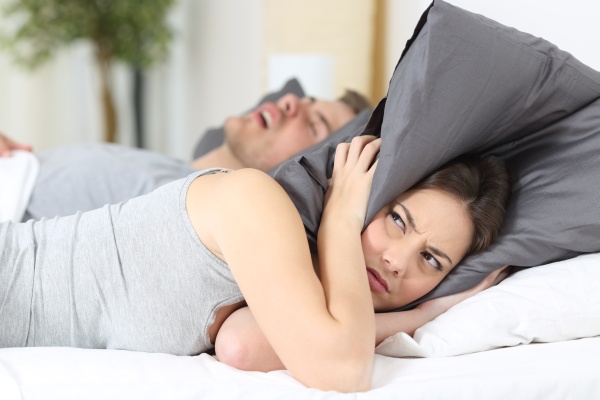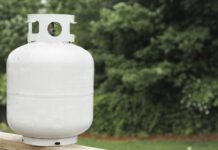Snoring has been one prime reason that has paved the way for sleep disturbances and other related disorders to sleep interruption to the snorer and anyone sharing the room. Snoring occurs when the air entering your throat’s tissue causes the tissues to vibrate. Though chronic snoring can occur for one or more reasons, they share common symptoms like sore throat after waking up, breathing pauses, choking during sleep, etc. Amidst medications and home remedies, an anti-snoring device is the best to buy if you have seen other treatments fail.
For those suffering from chronic snoring, apnea would not be a new term. OSAS- Obstructive sleep apnea syndrome occurs when the soft tissues of the throat or tongue relax temporarily. As a result, breathing can halt instantly. A recent study shows that one in every ten Australians tends to live with undiagnosed obstructive apnea. Further, apnea was reported to be relatively common in older males and they are also prone to its other chronic morbidities. Though CPAP techniques and surgeries can treat snoring and apnea, snoring appliances are gaining desirable popularity due to their convenience and invasiveness.
Types of anti-snoring devices
Luckily, you will not have to stick to a single option when it comes to a snoring appliance. These are versatile and come with different features to meet distinct needs. Oral snoring appliances are the most common anti-snoring appliances and have internal types. Here are some,
1. Chin Strips
Studies say that sleeping with your mouth open can aggravate snoring, causing its intensity to maximise. Opened mouths cause the tongue to press against the airway and further let them into the throat tissues causing extra vibration. Chin strips are, however, simple tapes backed with adhesives. You can get them fastened under your chin to keep your mouth closed during sleeping.
2. Tongue retaining devices
Like opened mouths, people who have their tongues falling back can also experience snoring due to the compression of the airway. TRDs work more or less like chin strips and hold the tongue at its place by producing a mild suction. However, they aren’t applicable in all cases.
3. Mandibular advancement devices
MADs can prevent the vibration of the tongue and keep away snoring the most effective way. These are custom-made devices that get affixed at the lower jaw to push forward the tongue and the jaw at its place. As a result, narrowed space for airflow gets widened and relieves snoring. MADs are less bulky and adjustable to meet different people’s needs and correct personal jaw protrusions.
Benefits of Snoring appliances
MADs and other oral snoring appliances are easy to carry and are super-convenient to use. Here are some benefits of an anti-snoring device,
1. Treats all intensities of snoring
Surgeries that cure apnea can be highly invasive and CPAPs may not be available all the time. So, if you experience occasional snoring or have developed chronic snoring and are witnessing symptoms of apnea, an anti-snoring appliance is the best to buy. They are highly effective and can treat all snoring intensities and related syndromes.
2. Easy to wear and take off
Most oral snoring appliances are custom made and fit your jaw/ chin precisely. In such cases, one will not experience any discomfort wearing one. Also, since they are adjustable, snoring devices are easy to wear and take off without hassle.
3. Caring for them is easy
Oral anti-snoring devices do not require much maintenance and are easy to clean. You can quickly clean them using a toothbrush or soak them in an appropriate cleaning solution overnight.










